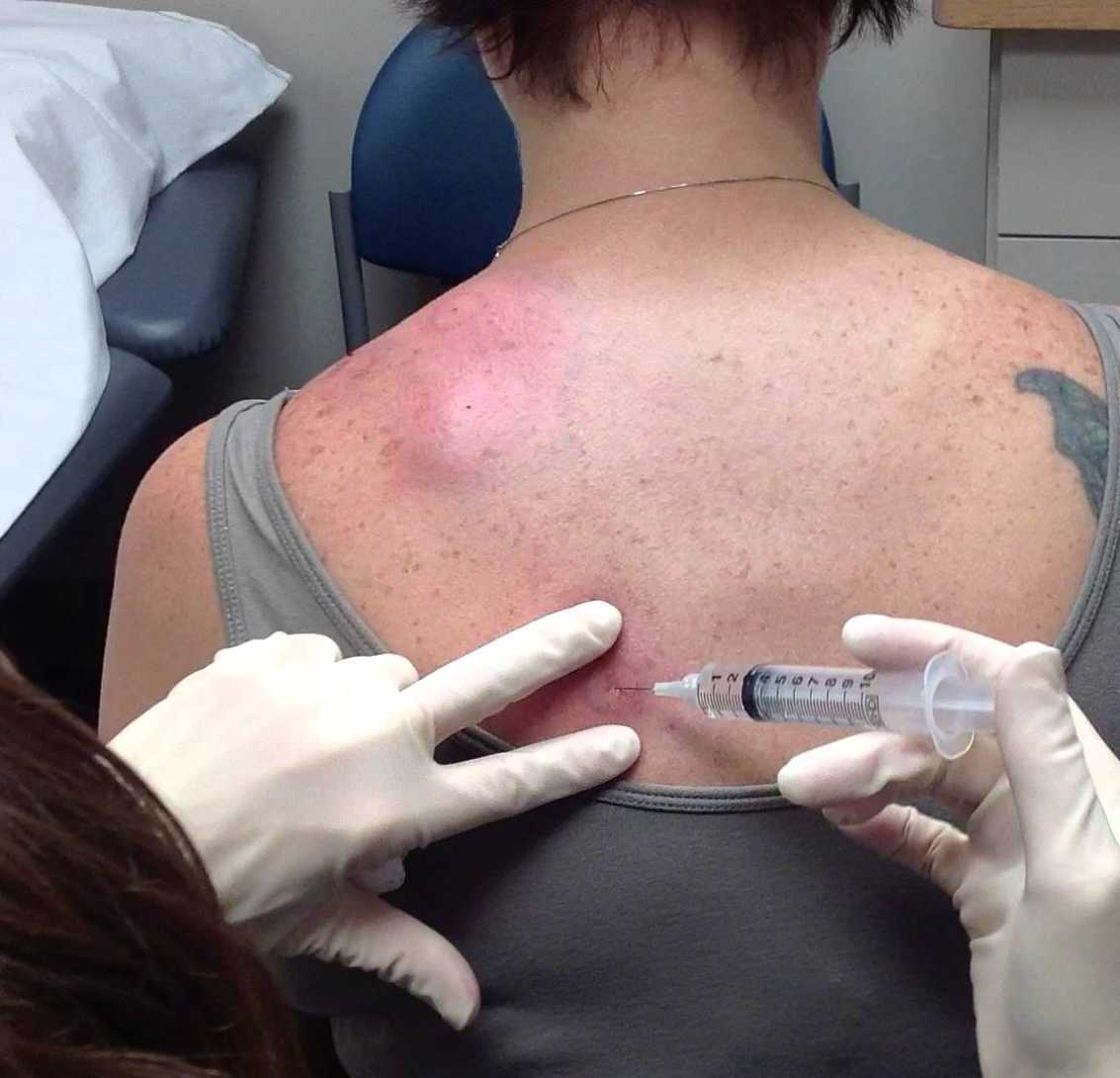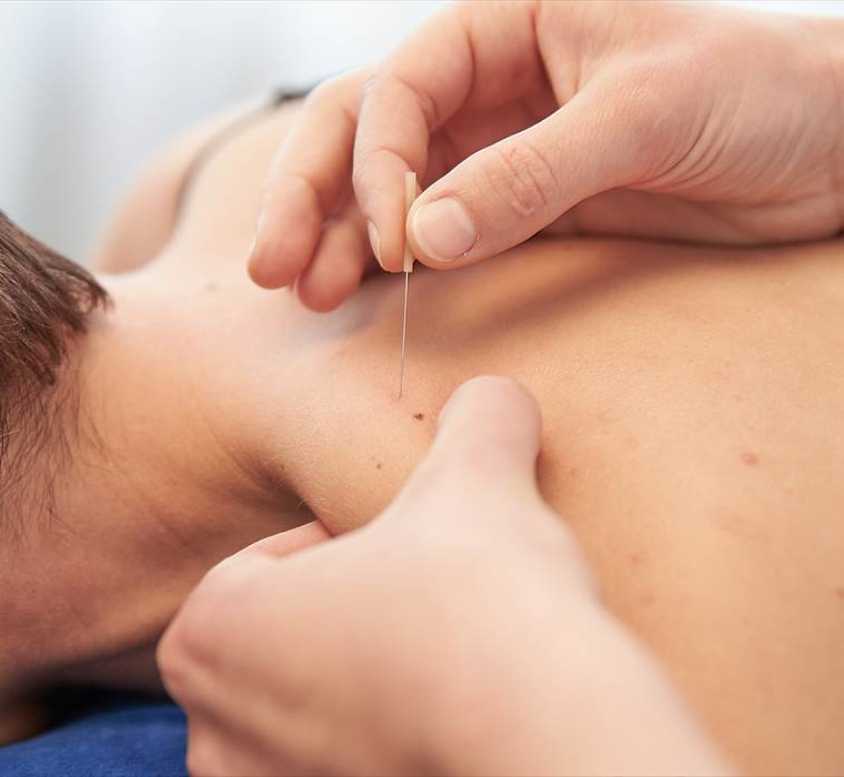Do you require any assistance? Simply reserve your appointment online below
Trigger point injections
Global standard for Quality surgical care
Trigger point injections are a treatment option for pain in areas that contain trigger points, or knots of muscle that form when muscles do not relax.
Trigger points may develop after injury or overuse of the affected muscle, or may be caused by stress and anxiety.
These points can also irritate the nerves around them and therefore cause pain in other areas of the body. The chronic pain that is brought on by trigger points may result in a decreased range of motion in the affected muscle as well.

Procedure for performing Trigger point injection

In this procedure, a professional inserts a small needle into the patient’s trigger point. The injection may also be an anesthetic such as lidocaine or bupivacaine , a mixture of anesthetics, or a corticosteroid (cortisone medication) alone or mixed with lidocaine.
With the injection, the trigger point is made inactive and the pain is alleviated. Often, a brief course of treatment will result in sustained relief.
Several sites may be injected in one visit. If a patient has an allergy to a certain drug, a dry-needle technique (involving no medications) can be used. Trigger point injections are frequently administered by rheumatologists, pain-management doctors, and physical medicine and rehabilitation doctors.
Technique used to administer trigger point injection
The trigger point injection is performed in the health care professional’s office, usually with the patient either lying on the exam table on the stomach or sitting on the exam table. The exact technique varies.
The health care professional performing the procedure locates the trigger point by manual palpation and marks the site. Ultrasound guidance is not generally necessary. The injection site is then cleaned. Alcohol or another skin cleanser such as betadine is commonly used to clean the injection site.
Frequently, a numbing spray such as ethyl chloride is used to anesthetize the skin and make the actual injection less painful. The needle is then inserted into the trigger point and the medication is injected. After the injection, a simple adhesive bandage may be applied.
If the area is painful after the injection, ice, heat, acetaminophen (Tylenol), or over-the-counter nonsteroidal anti-inflammatory medications such as ibuprofen (Advil) or naproxen sodium may be used.
Risks and complications of trigger point injections
Post-injection pain. This is relatively uncommon, but it can occur. This pain usually resolves by itself after a few days. It is more common when no medication is injected into the trigger point (dry needling). Ice, heat, or over-the-counter medications such as acetaminophen, ibuprofen, or naproxen sodium may be useful for post-injection pain.
Shrinkage of fat under the skin.If a steroid medication is injected into the trigger point, there is a risk of shrinkage of the fat under the skin, leaving a dent in the skin. This does not occur when only anesthetic is injected without any steroid medication.
Infections and bleeding. Other side effects are rare with trigger point injections but can occur anytime a needle punctures the skin, including infection and bleeding. You may also have temporary soreness or numbness at the injection site.

You are in Great Hands
When do patients need Trigger point injections?

Trigger point injection is used when a patient has a painful trigger point, especially when pain radiates from the trigger point to the surrounding area. Trigger point injections may be used as a treatment for conditions such as fibromyalgia and myofascial pain syndrome.
However, the trigger points commonly recur with chronic pain syndromes.
Trigger point injection may be right for you if your muscle pain has not improved with other treatment, including pain medication and physical therapy.
Optimally, a trigger point resolves after one injection. This may happen when a patient has one isolated trigger point, especially if the cause of the trigger point has been removed .
Trigger points caused by chronic conditions such as fibromyalgia and myofascial pain syndrome tend to recur due the underlying problem. In these cases, trigger point injections may be administered on a regular or as needed basis. The frequency of trigger point injections depends on the medication being injected.
If only lidocaine or a mixture of anesthetics is injected, then the injections can be administered as ongoing therapy as frequently as monthly. If a steroid medication is injected, TPIs should be administered much less frequently, at the discretion of the treating health care professional, because of the risk of tissue damage or shrinkage from the steroid medication

What to expect after a trigger point injection

